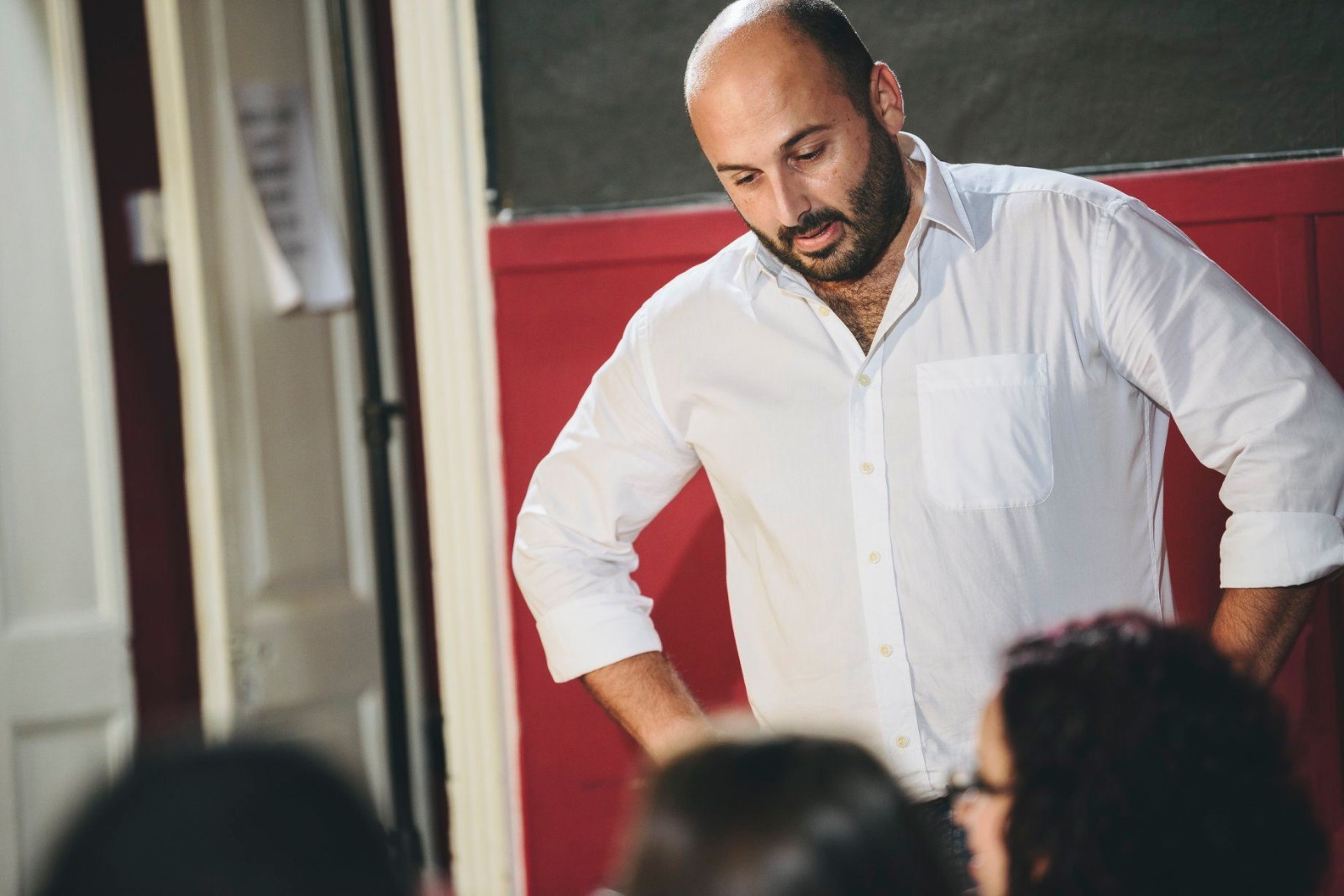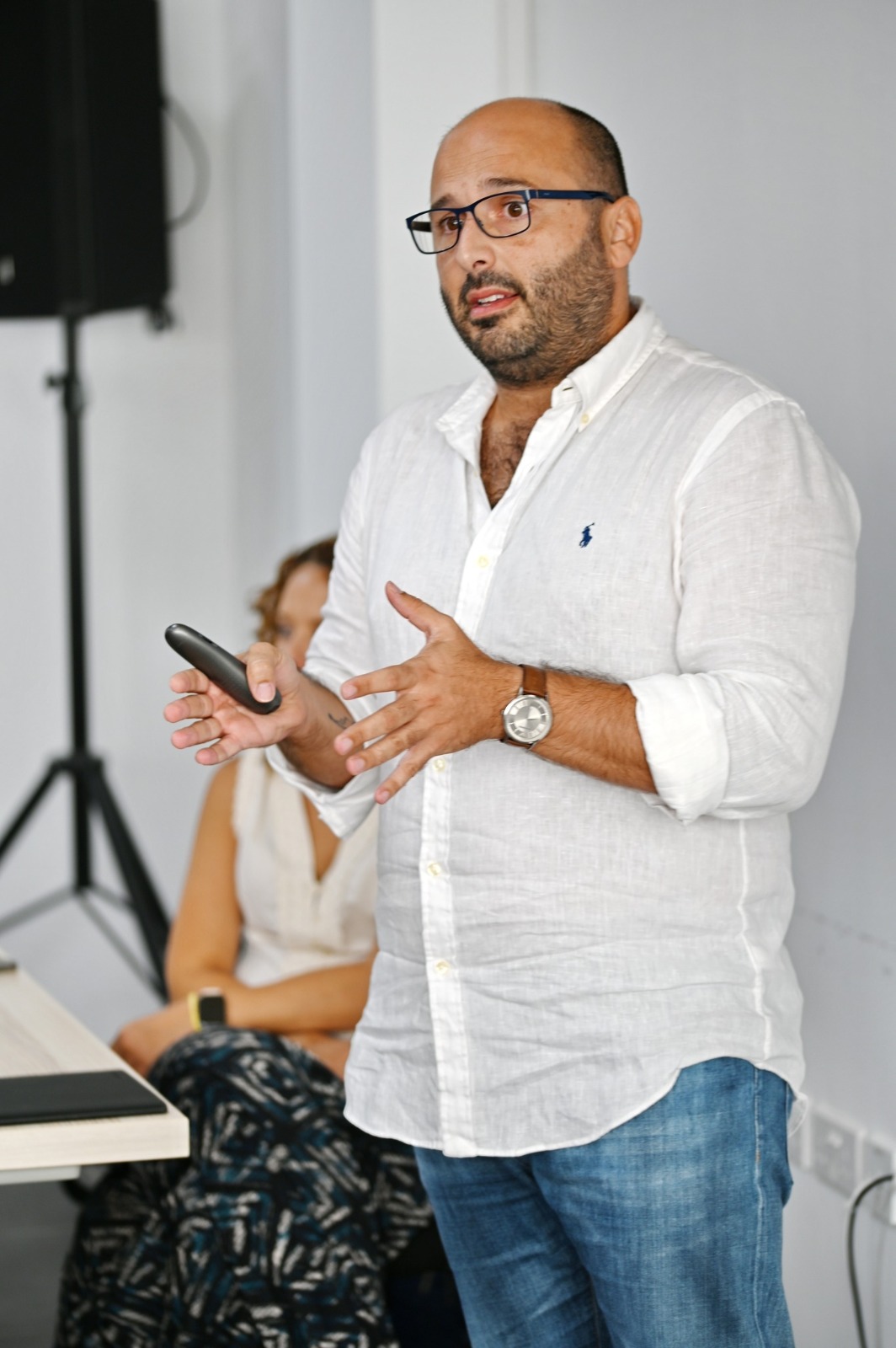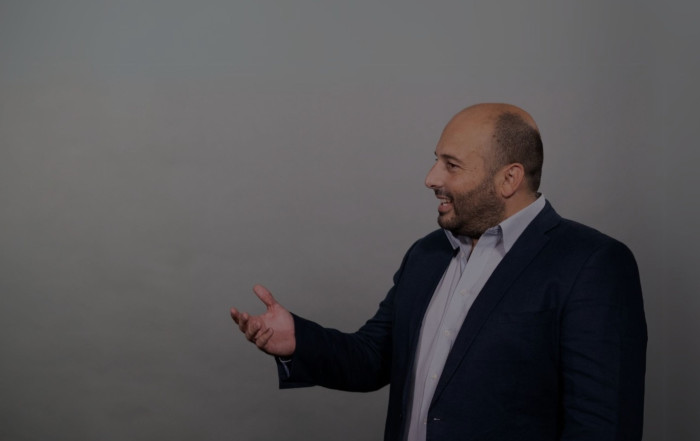As an entrepreneur, I’ve had countless failures, many resulting from not following my instincts and making rushed judgements. These encounters have been some of my professional career’s most challenging yet transformational times.
Ignoring my gut feelings
One of my most critical mistakes was not believing my gut instincts. Throughout my entrepreneurial career, my intuition alerted me to possible hazards. However, motivated by ambition and a desire for immediate achievement, I frequently ignored these internal cautions. I vividly recall times when my gut instinct warned caution, but I opted to persist, sure that my aims would outweigh any hazards.
Hasty decisions
Another essential shortcoming was making rash judgements. The fast-paced nature of business frequently produced a sense of urgency, causing me to make snap decisions without enough consideration. I assumed that responding quickly would give me a competitive advantage, yet it often resulted in expensive blunders. Whether it was launching a new service prematurely, joining a partnership without proper screening, or employing people based on urgent requirements rather than long-term suitability, these rash actions typically failed.
Blinded by Goals
My desire for achievement frequently blinded me to the indicators of possible troubles. My focus on reaching my goals was so great that I ignored the red flags and warning indicators that were frequently visible. This tunnel vision led me to collaborate with people and hire others outside my principles or the long-term goal of my company. These judgements caused significant friction and problems, which might have been avoided if I had taken a step back and viewed the issue objectively.
Problematic Partnerships and Employees
One of the most apparent repercussions of these failures was collaborating with or hiring people I knew would be troublesome in the long run. Despite the initial enthusiasm and noticeable short-term gains, these actions resulted in severe problems down the road. Problematic partners and workers frequently produced a toxic work atmosphere. Resulting in low morale, low productivity, and, eventually, the necessity to end these partnerships, which was both emotionally and financially draining. Furthermore, these missteps made the journey to a steady and profitable firm much longer and more complicated than needed.
Lessons learned
Trusting my gut instincts
The first and most important lesson I learnt was to trust my gut feelings. Intuition is a vital tool for synthesising experiences and knowledge in ways that rational analysis cannot. Learning to listen to and trust my gut instincts has allowed me to avoid many possible traps and make decisions that align with my beliefs and long-term goals.
Avoiding Rushed Decisions
Another important lesson is that choices should be quick. Taking the time to ponder and evaluate all elements of a choice has been really beneficial. It is preferable to proceed slowly and make well-informed decisions than to act hastily and suffer the repercussions of ill-considered acts. I’ve learnt to strike a balance between the demand for immediate action and the need for careful review, which results in more long-term and good consequences. Rushed judgements frequently put me back, causing delays in achieving a stable and productive corporate environment.
Seeing the Signs
Being blinded by my ambitions taught me the value of remaining watchful and open to indicators and criticism. It is crucial to stay adaptable and open-minded, leaving room for critical reflection and modification. By taking a step back and examining events objectively, I’ve improved my ability to spot potential difficulties before they grow, allowing me to make more proactive and informed decisions.
The importance of aligned partnerships and employees
Finally, I realised the importance of selecting partners and staff who are truly aligned with my vision and beliefs. This alignment promotes a peaceful and productive work atmosphere, which is critical for long-term success. I now prioritise compatibility and shared ideals over urgent requirements or superficial rewards, resulting in more robust and sustainable work partnerships.
Trusting the Process and Flow.
These experiences have taught me the value of trusting the process and allowing things to happen organically. Rather than forcing outcomes or rushing through decisions, I’ve learned to be patient and believe that the appropriate chances and people will show themselves at the correct time. This method has decreased tension and friction, resulting in more significant and long-term accomplishments. It has also shortened the path to success in my firm since I no longer face failures due to hasty and rash judgements.
Forgiving Myself and Rebuilding
One of the most important lessons was learning to forgive myself faster and more efficiently. Dwelling on self-criticism and guilt only wasted valuable energy that could be better spent rebuilding and moving forward. By practising self-compassion and focusing on constructive actions, I was able to recover more quickly from setbacks and make meaningful progress. This shift in mindset not only improved my resilience but also enhanced my overall approach to entrepreneurship.
Conclusion
My entrepreneurial path has been a tapestry of triumphs and disappointments, each providing valuable insights and lessons. I’ve evolved as an entrepreneur and as a person by learning to trust my gut instincts, avoid rash judgements, pay attention to indicators, and prioritise aligned relationships and personnel. Embracing these principles has enabled me to create a more robust and sustainable firm based on trust, patience, and a profound respect for the natural flow of the entrepreneurial process. While my hasty judgements initially slowed the path to stability, learning from them has resulted in a more meaningful and successful entrepreneurial experience.
Share this Blog
Recent Thoughts
Rumours, Noise and Real Growth: Learning to Keep My Eyes on the Road
“Matthew is a closeted gay.”“Matthew jumps from woman to woman.”“He’s money-minded.”“I’ve heard he sees women for free if they ‘offer favours’.”“I’ve heard he’s
Ikigai vs. Workaholism: Why I’ve Given Up Perfectionism and Workaholic Tendencies
Throughout my career, I've always faced problems head-on. Confronting challenges directly is part of who I am. However, there was a time when





